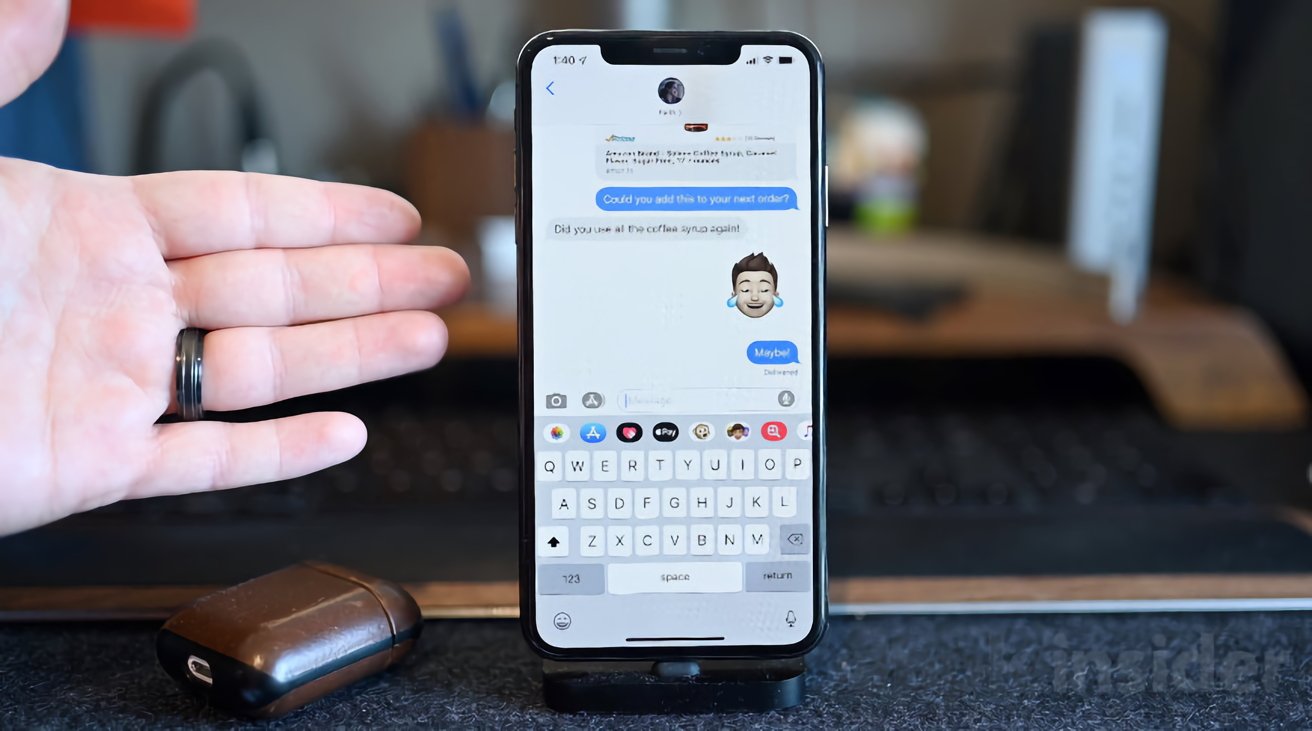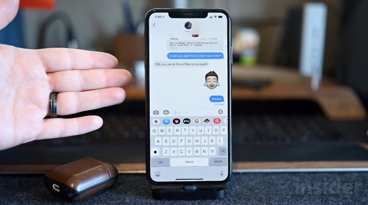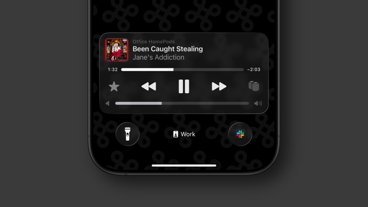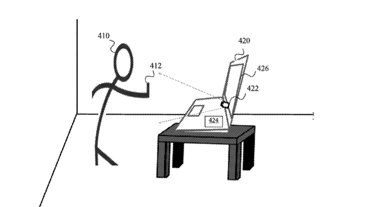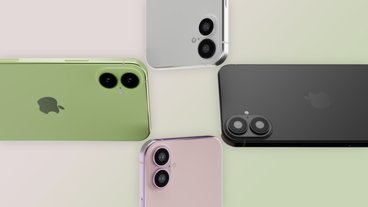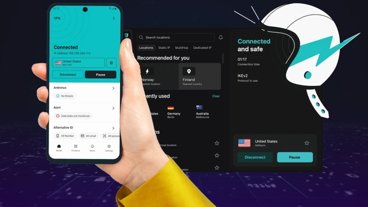Apple won't face a class action lawsuit over iOS 13's alleged cellular data use without user permission soon — but the suit isn't completely done yet.
A federal judge a proposed class action against Apple. The lawsuit accused Apple of using iPhone users' cellular data without permission.
, filed by Alasdair Turner in 2020, claims iOS 13 allowed Apple to send data over cellular networks even after users had turned off mobile access for specific apps. According to the complaint, this activity was mislabeled in the iPhone's settings as coming from "Uninstalled Apps."
U.S. District Judge Edward Davila denied the motion to certify a class, saying the case relied too heavily on individualized facts.
The judge provided Apple with a procedural win. However, the case will proceed with a narrower focus.
Case focuses on Apple's alleged use of mobile data
Turner alleges that Apple used cellular data to support internal processes like software development. He claims this data transmission occurred even when Wi-Fi was available.
Users had no way to disable the activity, according to him. In his own case, the behavior pushed him over his 5GB Verizon plan and resulted in a $15 overage charge.
The complaint includes claims under California's consumer protection and computer fraud statutes. It also accuses Apple of trespass to chattels, a legal theory that covers unauthorized interference with personal property.
Turner argues that Apple's software reduced the functionality of his iPhone and consumed a resource — his cellular data — that he paid for.
Apple moved to dismiss the case, challenging most of the claims. The court dismissed Turner's request for an injunction and found that some of the fraud-related allegations lacked adequate support.
A narrow path forward for the plaintiff
Although the judge blocked the case from moving forward as a class action, Turner can still pursue his individual claims. The court gave him permission to revise parts of his complaint to address specific legal deficiencies.
The lawsuit recalls earlier controversies over how iOS handles mobile data. In 2015, Apple faced a class action over the Wi-Fi Assist feature in iOS 9, which automatically switched users to cellular data when Wi-Fi signals weakened. That case was eventually resolved without a court ruling on Apple's liability.
Turner's next step is to update his complaint and keep the case alive on his own. Without class certification, the burden of proving Apple's responsibility and any damages will fall entirely on him. Apple has not publicly commented on the lawsuit.
